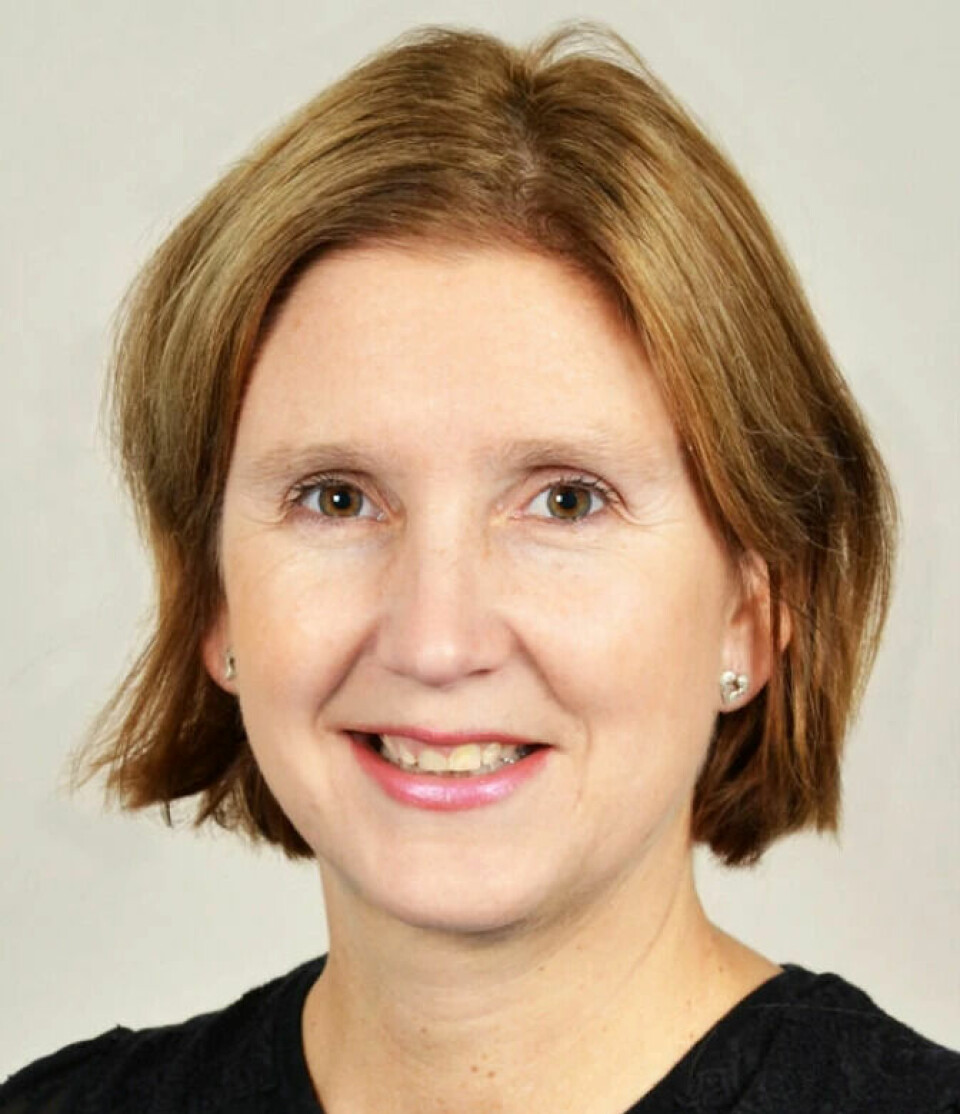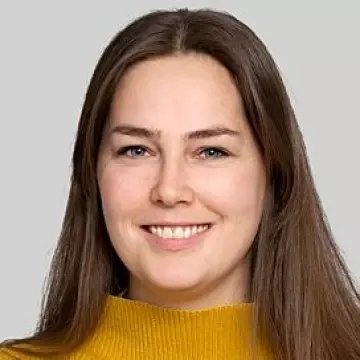
Common ovarian disorder: Many women may have been misdiagnosed
Many women who have PCOS, a disease of the ovaries, may actually have a completely different disease, which needs completely different treatment. “This is an important step in developing a better understanding of common women's diseases,” a senior physician and researcher says.
One in ten Norwegian women is afflicted by something called polycystic ovary syndrome (PCOS). This represents approximately 180,000 women in Norway aged 15 to 50.
PCOS is a condition in which women have irregular or absent periods, high levels of male sex hormones and ovarian cysts.
“Patients often, but not always, also are obese, have unwanted hair and difficulty having children,” Grethe Åastrøm Ueland said to sciencenorway.no.
Ueland is one of the researchers behind the new study, which was published in the scientific journal Fertility and Sterility.
The other disease
Scientists don't fully understand why so many women get PCOS.
The cause is complex, but fat storage appears to be a key factor, according to St. Olav's Hospital in Trondheim. There, researchers are currently testing a new treatment with medication in combination with diet and lifestyle guidance.
Now it turns out that PCOS can easily be confused with another disease.
Twelve per cent of women diagnosed with PCOS actually have nonclassic congenital adrenal hyperplasia (NCCAH).

Adrenal gland failure
The symptoms of PCOS and NCCAH are very similar, but they have different causes.
While the cause for PCOS may lie in fat storage and the ovaries, NCCAH is caused by an enzyme in the adrenal gland not working properly.
As a result, the body accumulates male sex hormones.
Ovaries and adrenal glands share many of the same enzymes in the metabolism of steroids, such as cortisol and oestrogens. It’s consequently not surprising that problems in one of these organs can have an impact on the other.
“These women also grow unwanted hair and have reduced fertility,” Ueland says.
Different treatments
Since the cause of NCCAH lies in the adrenal glands, patients need different treatment than women with PCOS.
PCOS is often treated with birth control pills so that the women have regular periods. The women are also encouraged to lose weight, because being overweight seems to worsen infertility problems.
Sometimes they are treated with the medicine metformin.
But this approach does not work on women with NCCAH.
“People with pronounced NCCAH must receive cortisone supplements,” says Ueland.
Differential diagnoses
Doctors diagnose PCOS when a patient has two of three symptoms: 1. irregular menstruation, 2. elevated levels of male sex hormones and 3. many ovarian cysts.
In the new study, the researchers conclude that the best way to distinguish the two conditions is to use what is called a synacthen test.
This test is usually conducted in hospital to detect adrenal insufficiency. The test involves giving the patient synthetic ACTH, which is a hormone that stimulates the adrenal cortex to produce cortisol.

If the cortisol level does not rise after this, then the patient may have adrenal insufficiency.
“By introducing the synacthen test to the evaluation, we can also diagnose NCCAH,” says Per Medbøe Thorsby.
He is section chief physician at the Hormone Laboratory at Oslo University Hospital. Thorsby has worked with Ueland on the method that should make it easier to distinguish the two diseases from each other.
Good news for women's health
Thorsby says it is important to distinguish between PCOS and NCCAH to make sure the patient gets personalized treatment.
“NCCAH is a hereditary condition that has to be treated differently than classic PCOS. Now that we can distinguish between the conditions, we can tailor the treatment and follow up with patients who have previously been diagnosed with PCOS,” Thorsby said.
“This is an important step on the way to a better understanding of common women's diseases,” he said.
He also described the effect the study has had on international researchers.
“American researchers will now recommend extended examination of women with PCOS to make the correct diagnosis,” Thorsby said.
The editors of the journal in which the study was published called the findings a paradigm shift in the diagnosis of PCOS.
Translated by Nancy Bazilchuk
Reference:
Grethe Ueland et.al: Adrenal steroid profiling as a diagnostic tool to differentiate polycystic ovary syndrome from nonclassic congenital adrenal hyperplasia: pinpointing easy screening possibilities and normal cutoff levels using liquid chromatography tandem mass spectrometry. Fertility and Sterility, 2022.
———





































